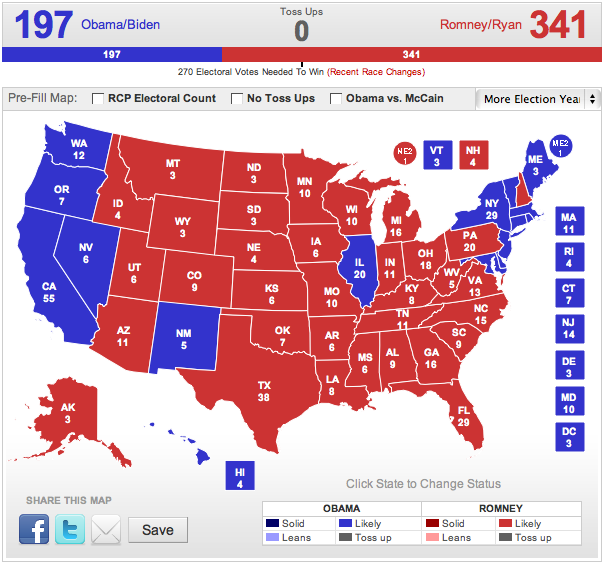Man Alive! elucidates the ontology of human social relationships, but it’s dense, tough sledding. Appended below is a easier-reading summary of some of these ideas. I wrote this as a speech for my Toastmaster’s Club in August of 2001. In the blog.world, I’ll throw out details about our lives, but that’s really just so much plastic fruit, local color. This is the world that I live in, the world I wish everyone lived in… –GSS
Shyly’s delight: Manifesting the secondary consequences of splendor.
 I have a Labrador mutt named Shyly. She’s about three years old, but because she’s a Lab, she’ll always be a puppy. Always busy, always involved, always eager to be right in the middle of everything.
I have a Labrador mutt named Shyly. She’s about three years old, but because she’s a Lab, she’ll always be a puppy. Always busy, always involved, always eager to be right in the middle of everything.
Shyly is the world’s greatest master at expressing delight. She has a fairly limited emotional range — sadness, boredom, territoriality and contentment. But at expressing delight, Shyly is unequaled. When I come home, even if I’ve only been away for two minutes, Shyly races back and forth through the house, her every muscle rippling with undiluted delight.
It’s an amazing thing to watch, funny and charming and sweet. Shyly’s joy is clean and whole and pure and perfect. Uncontaminated by memories of past pain. Unfiltered by guilt or shame or doubt or self-loathing. Untainted by envy or anger or malice. Unaffected by affectation. Shyly’s delight is impossible to doubt, and the day she fails to express it will be the day she has scampered off this mortal coil.
“What,” you may ask, “does this have to do with me?”
Here’s what:
Friedrich Nietzsche said, “god is dead.” By this he did not mean that there had once been an omnipotent universe creator but that he had since expired. What he meant was that the manifestations of modernity had rendered religion unable to provide significant moral guidance to educated people. Unexpurgated religion had become inoperative as a moral lodestone.
This is actually non-controversial. When we make reasoned arguments about what one ought and ought not do, we do so by reference to philosophy or psychology or practical consequences, not to religion. Even members of the clergy do things this way, precisely Read more



 When
When 
 I don’t go to your church.
I don’t go to your church. I have a Labrador mutt named Shyly. She’s about three years old, but because she’s a Lab, she’ll always be a puppy. Always busy, always involved, always eager to be right in the middle of everything.
I have a Labrador mutt named Shyly. She’s about three years old, but because she’s a Lab, she’ll always be a puppy. Always busy, always involved, always eager to be right in the middle of everything.